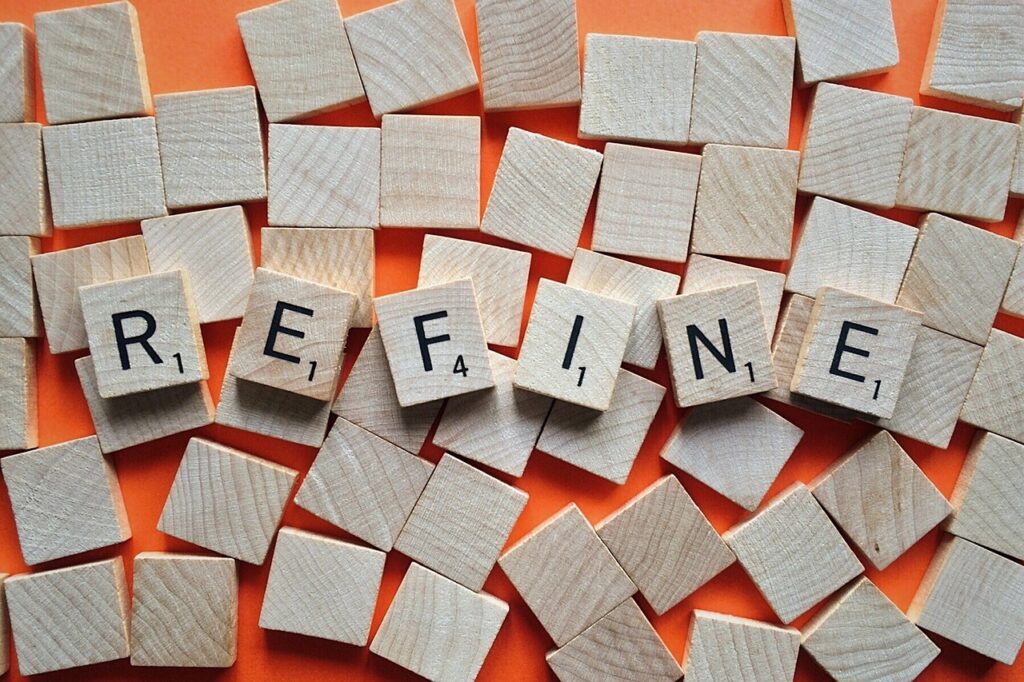Credit 101
If you’re like the majority of people, you won’t be aware of the value of your credit score until you understand it. This typically occurs when you apply for a mortgage or other sizable loan.
You see, even though you may be ignoring it, banks, companies, and other lenders aren’t. Your credit score is an essential indicator of your financial stability and dependability to these users, and it helps them manage their risk when they lend to you, hire you, or offer you their services. It represents the culmination of all key financial decisions you have ever made, and it could have a big influence on the choices you make in the future.
Let’s look at some of the key ways that your credit score affects you.
Your mortgage's interest rate
Your credit score has a considerable impact on the mortgages you qualify for and how much they will cost you because your mortgage is probably the largest loan you will ever take out. Low credit scores are a sign of potentially risky financial behavior and will almost certainly result in increased interest rates and, in some situations, outright loan rejection for applicants.
Even while a slight adjustment in the interest rate you pay might not seem like much, since many mortgages have terms of 25 to 35 years, it adds up to thousands of dollars in additional costs.

Getting the desired rental property
Not yet purchased a home? Your choice of housing is still influenced by your credit score. Your credit score is the second most crucial aspect in determining whether your rental application will be approved, right behind your earnings-to-rent ratio. The candidate with the higher credit score will always be chosen over another application with comparable wages since landlords are aware that by lowering their risk, they may save money.

The vehicle you drive
The average annual percentage rate (APR) for auto loans in 2017 was 4.21 percent, with the majority of loans having an APR between 3 and 10 percent. The difference between having good credit and having bad credit is even greater: Some people with excellent credit may still qualify for 0% APR, while those with really bad credit may be charged up to 20%. The difference between the two can easily be in the hundreds of dollars per year or even thousands.

Refinancing alternatives
What seemed like a decent deal a few years ago may rapidly turn into an expensive proposition as interest rates fluctuate; by refinancing your mortgage or student loan, you can save a ton of money. Unfortunately, if you have bad credit, this can be difficult or impossible for you to do.
It also doesn’t matter what your credit score was when you initially applied for the loan. When applying for a mortgage, many applicants have outstanding credit scores but later engage in unethical behavior. Their alternatives are limited and they receive a bad surprise when they try to refinance due to their suddenly lower credit score.

Your employment options
Are you looking for opportunities that align with your skills, passion, and career goals? Let us guide you to the perfect fit. Whether you’re seeking remote flexibility, a dynamic office environment, or a role that challenges and rewards you, we’ve got options tailored to your preferences. Don’t settle for less—explore the right employment opportunities and take the next step in your career journey today! Contact us now to get started.

Obtaining student loans
If you’ve previously repaid your federal student loans in full, you’ll probably need to take out a private loan to cover the remaining balance of your tuition. Like a home or auto loan, these private loans—whether they’re from a bank, credit union, or school—are influenced by your credit score. Students who have only ever dealt with federal loans (which are not impacted by credit score) may find this to be unexpected.
Your student loan repayment will undoubtedly take years, and a bad credit rating might increase the cost by thousands of dollars.

The Effect May Be Negative or Positive
We’ve mostly concentrated on the drawbacks of having a low credit score in this article.
On the other hand, there are a number of individuals that consistently receive excellent discounts. They can obtain better mortgages, more affordable loans, and better employment and housing possibilities thanks to their above average credit scores. Additionally, because their interest rates are lower, keeping their score is simpler; regrettably, the high interest rates those with low scores are subject to make it more difficult for them to raise their score.
Getting the Credit Score You Want
There is no such thing as an irredeemable credit score; anyone can raise their score and get better rates with patience, work, and discipline. However, it takes time and doesn’t happen immediately. This implies that there is never a bad time to raise your score. You must If you want to acquire the best mortgage rates, you should start preparing your credit score in advance.
Unfortunately, the details on your credit report don’t always convey the whole story; they may even be erroneous due to circumstances beyond your control. Your greatest option in that situation is to repair your credit profile.
The 79 percent of individuals who have errors in their credit reports receive assistance from Debt Disputers. Take the first step toward restoring your reputation by registering right away!
